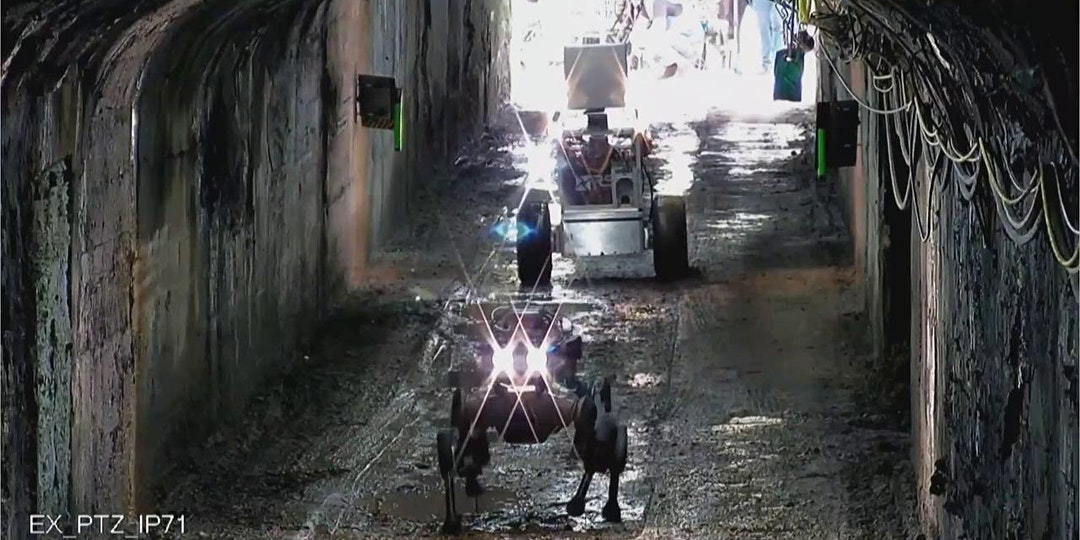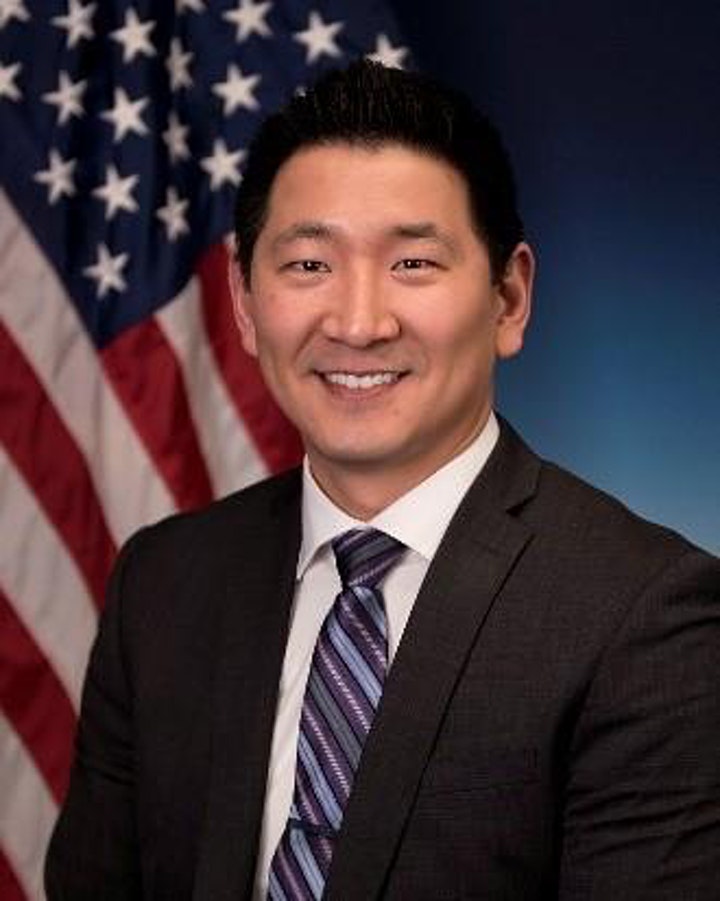About this Event
The DARPA Subterranean (SubT) Challenge aims to develop innovative technologies that would augment operations underground.
The SubT Challenge allows teams to demonstrate new approaches for robotic systems to rapidly map, navigate, and search complex underground environments, including human-made tunnel systems, urban underground, and natural cave networks.
The SubT Challenge is organized into two Competitions (Systems and Virtual), each with two tracks (DARPA-funded and self-funded).
The Cave Circuit, the final of three Circuit events, is planned for later this year. Final Event, planned for summer of 2021, will put both Systems and Virtual teams to the test with courses that incorporate diverse elements from all three environments. Teams will compete for up to $2 million in the Systems Final Event and up to $1.5 million in the Virtual Final Event, with additional prizes.
Learn more about the opportunities to participate either virtual or systems Team: https://www.subtchallenge.com/
Dr. Timothy Chung – Program Manager
Dr. Timothy Chung joined DARPA’s Tactical Technology Office as a program manager in February 2016. He serves as the Program Manager for the OFFensive Swarm-Enabled Tactics Program and the DARPA Subterranean (SubT) Challenge. His interests include autonomous/unmanned air vehicles, collaborative autonomy for unmanned swarm system capabilities, distributed perception, distributed decision-making, and counter unmanned system technologies.
Prior to joining DARPA, Dr. Chung served as an Assistant Professor at the Naval Postgraduate School and Director of the Advanced Robotic Systems Engineering Laboratory (ARSENL). His academic interests included modeling, analysis, and systems engineering of operational settings involving unmanned systems, combining collaborative autonomy development efforts with an extensive live-fly field experimentation program for swarm and counter-swarm unmanned system tactics and associated technologies.
Dr. Chung holds a Bachelor of Science in Mechanical and Aerospace Engineering from Cornell University. He also earned Master of Science and Doctor of Philosophy degrees in Mechanical Engineering from the California Institute of Technology.
Learn more about DARPA here: www.darpa.mil

